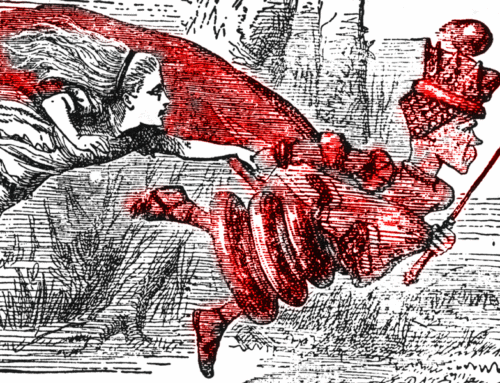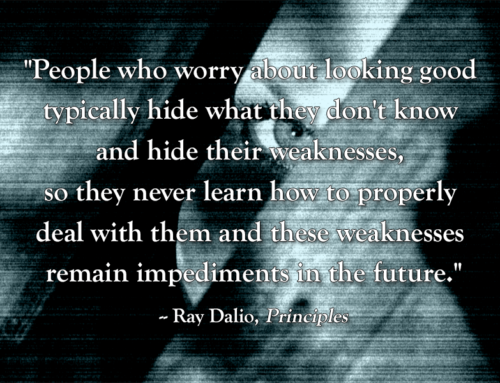During a recent conversation a good friend of mine, a business leader, said, “Strategy is the biggest waste of time I can imagine. Nothing ever happens because of a strategic plan!” Once you get past the emotion in the statement, the bad experiences with strategic planning in my friend’s past, and take his comment purely at face value, he’s right. Strategy, in and of itself, has no voice and therefore no ability to drive action. It’s needs companion support. As noted by Sun Tzu, the ancient Chinese military general, strategist and philosopher:
Strategy without tactics is the slowest route to victory. Tactics without strategy is the noise before defeat.
Strategy, well done, is about:
- defining intent
- deployment of resources
- developing tactics
- drawing boundaries
- delineating differentiation
- delivering value
Strategy, well done, is designed to be implemented. It is a beginning, not an ending. The seeds of success or failure are typically sown early.
Strategy gains its voice in the operations of your people and the processes they employ. If people understand your strategic intent implementation gets easier. Dan Heath, co-author of Made to Stick, suggests that in communicating strategy, we need to (1) use concrete language and (2) talk about the why. The “WHY” was covered in a previous post. My first reaction to “concrete” language conjured up words like unyielding, specific, firm, resistant, foundational or fact-based. I suppose those are fine, but the Latin root word for concrete, concretus, is more helpful. It means compact or condensed. Make it simple and clear. Then tell ’em why.
Culture is often a great excuse for less than stellar implementation of strategy. Culture is powerful. Therefore, don’t waste a lot ot time trying to rationalize, understand, categorize, or change the culture. Take it as it is, a given, and learn how to navigate it. Here are seven cultural realties you’ll likely have to deal with:
- Things will get worse before they get better.
- Change is in the details.
- Uncertainty is worse than bad news.
- Communication will take place; you might want to be the one leading it.
- Execution happens at the speed of sensemaking.
- Limitations of successful strategy implementation are human limitations: the limits of available attention and learning capacity.
- People need time to whine and deal with letting go of what was.
The first voice that strategy gains is yours, making it clear and providing energy, passion, and still more clarity with the “why.” The second voice of strategy is from your people discussing how they are going to change things, do things, and make a difference. You’ll like the way it sounds.
In Other Words…
“Culture has strategy for breakfast.” – Peter Drucker
“All men can see these tactics whereby I conquer, but what none can see is the strategy out of which victory is evolved.” – Sun Tzu
“Nothing is more terrible than activity without insight.” – Thomas Carlyle
“All strategy is executed through “common” people. If they don’t work with the strategy then it will fail however clever, visionary, or insightful. When people work to make a strategy a success then it may succeed even if it is flawed.” – Max Mckeown
“In real life, strategy is actually very straightforward. You pick a general direction and implement like hell.” – Jack Welch
“Implementation, not strategy, is what usually separates winners from losers in most industries, and generally explains the difference between success and failure.” – Bob Sutton
In The Word…
“Again, if the trumpet does not sound a clear call, who will get ready for battle?” 1 Corinthians 14:8






